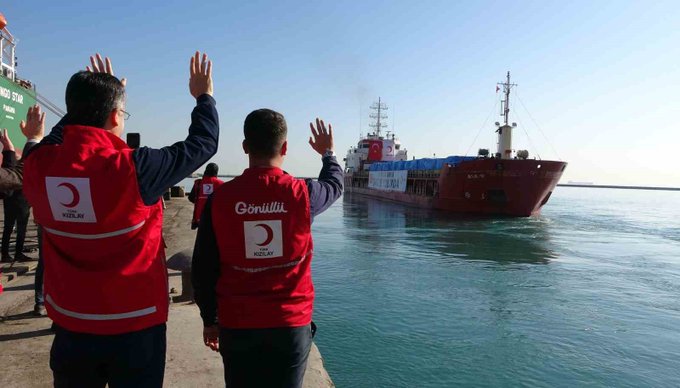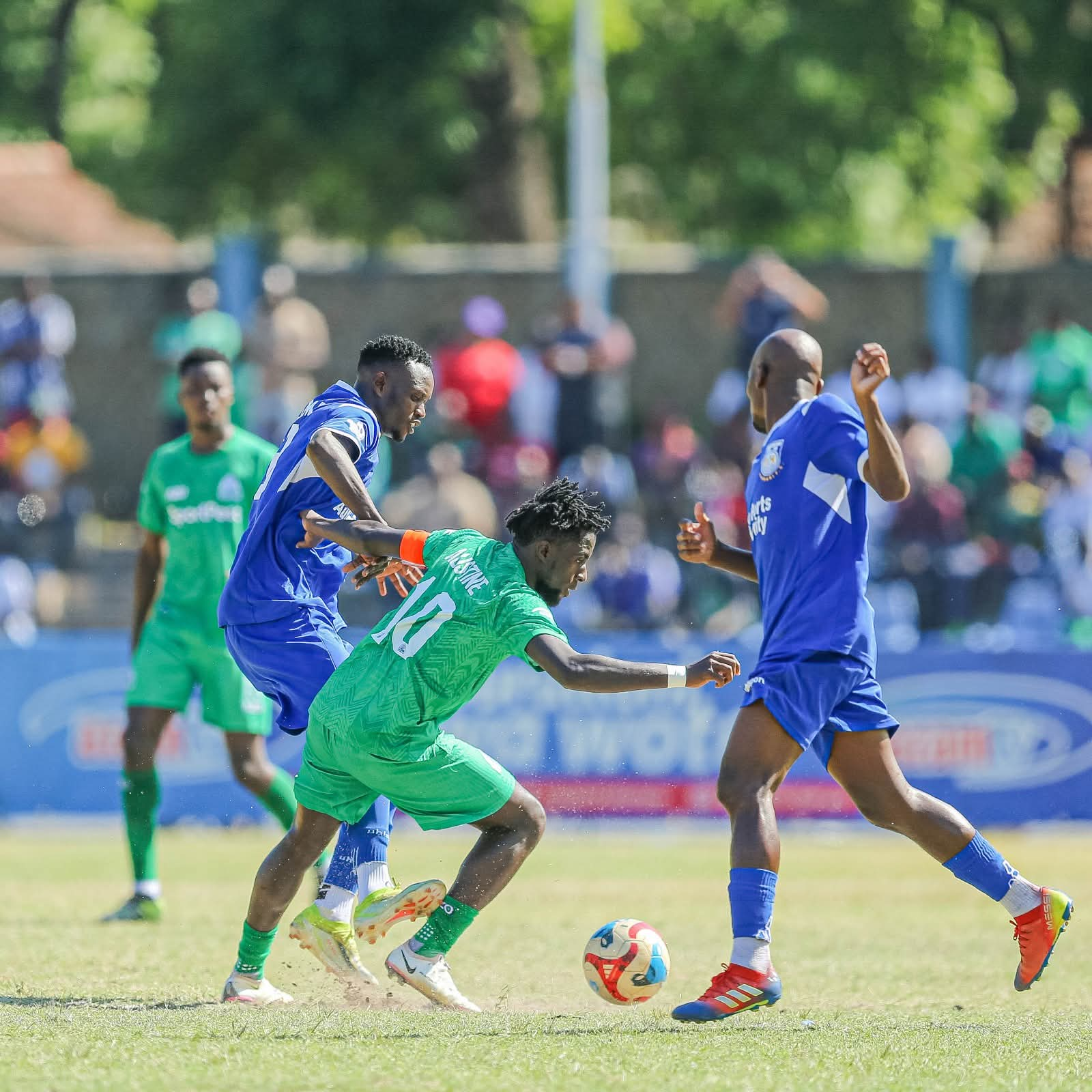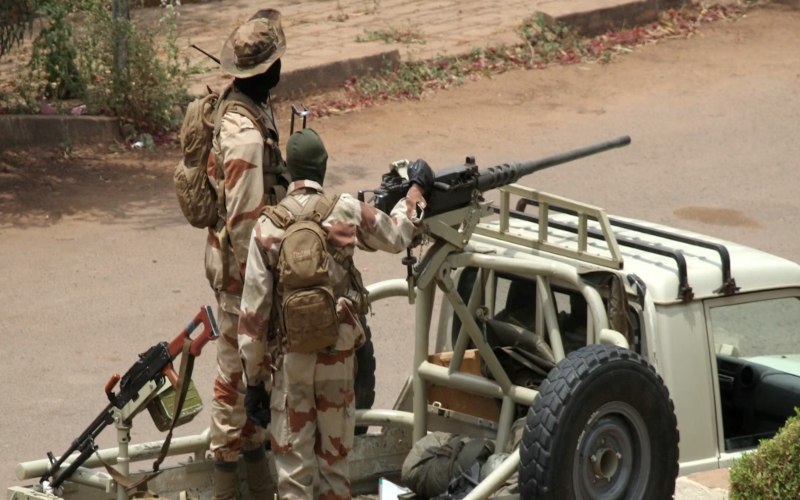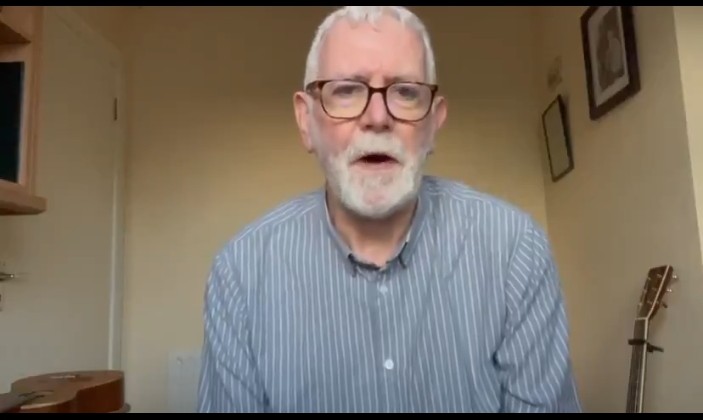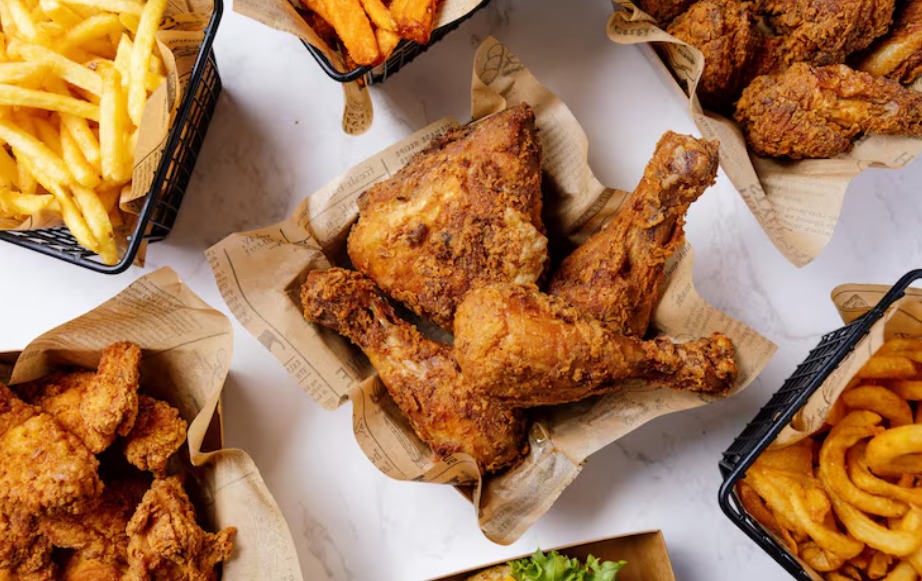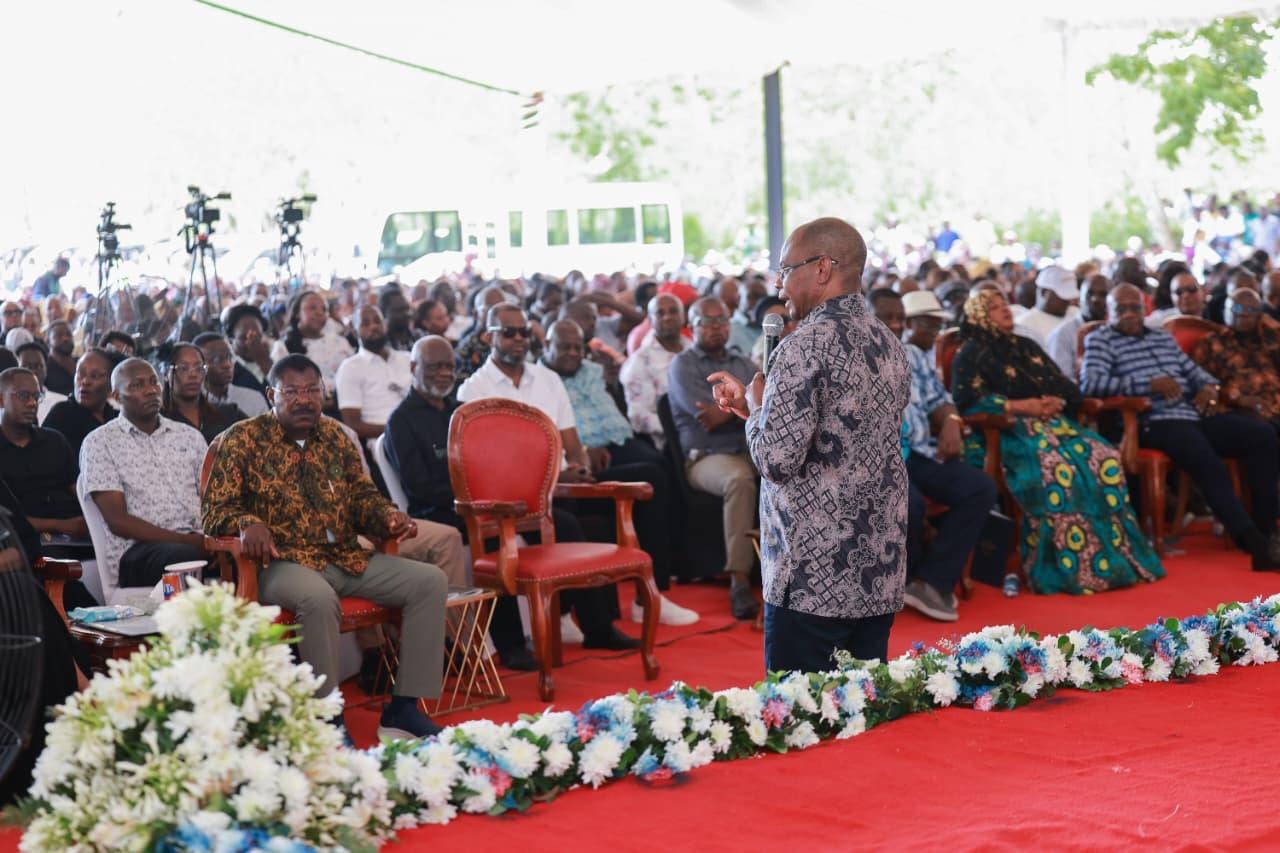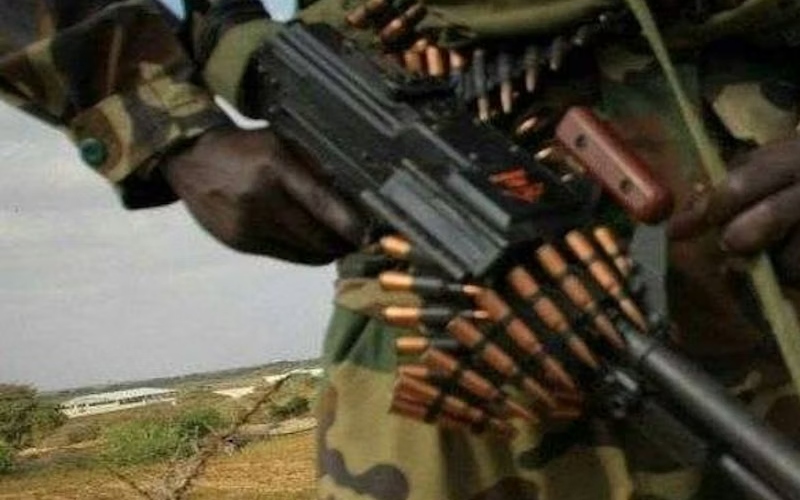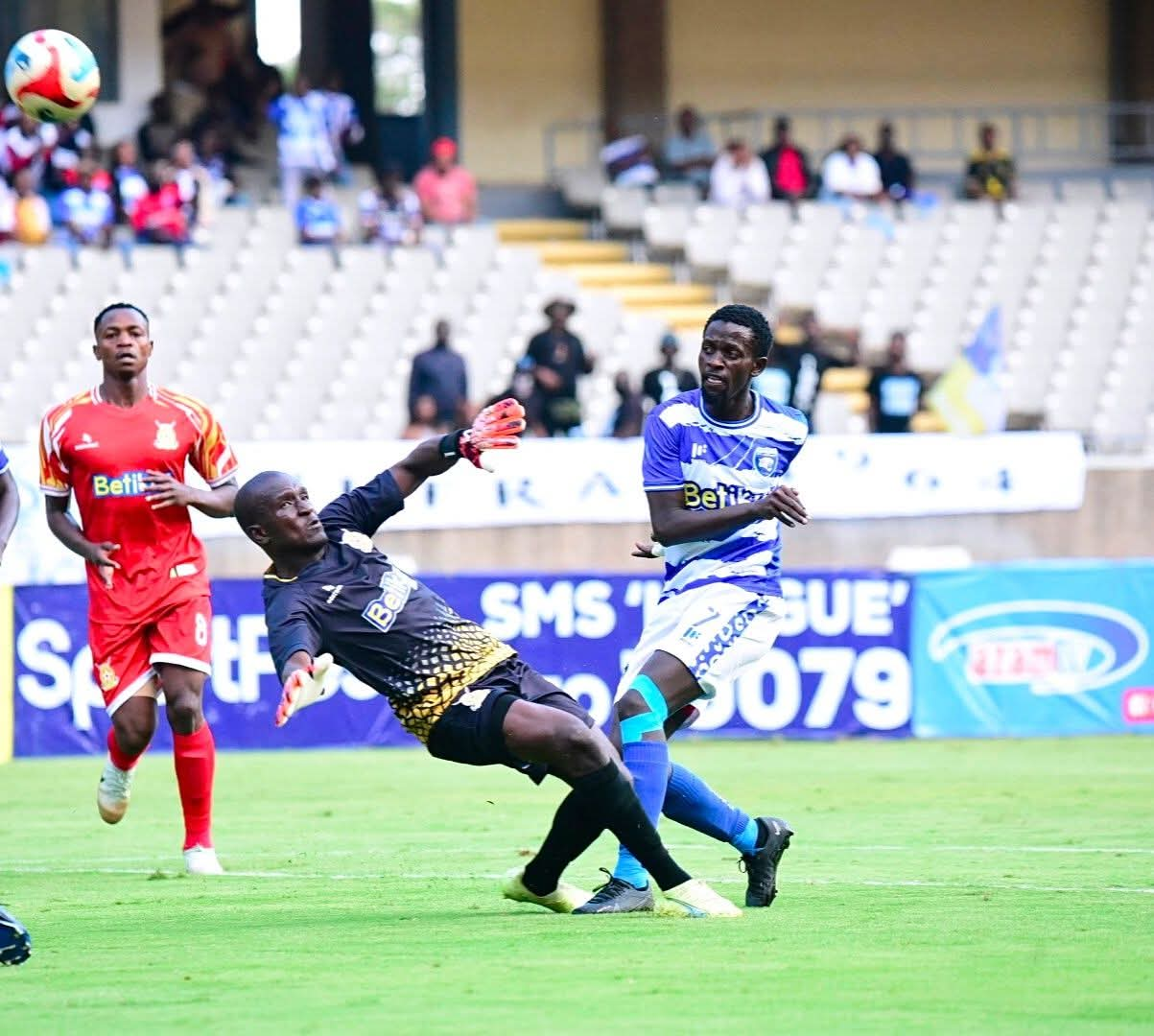Senegal votes for new president after years of crisis
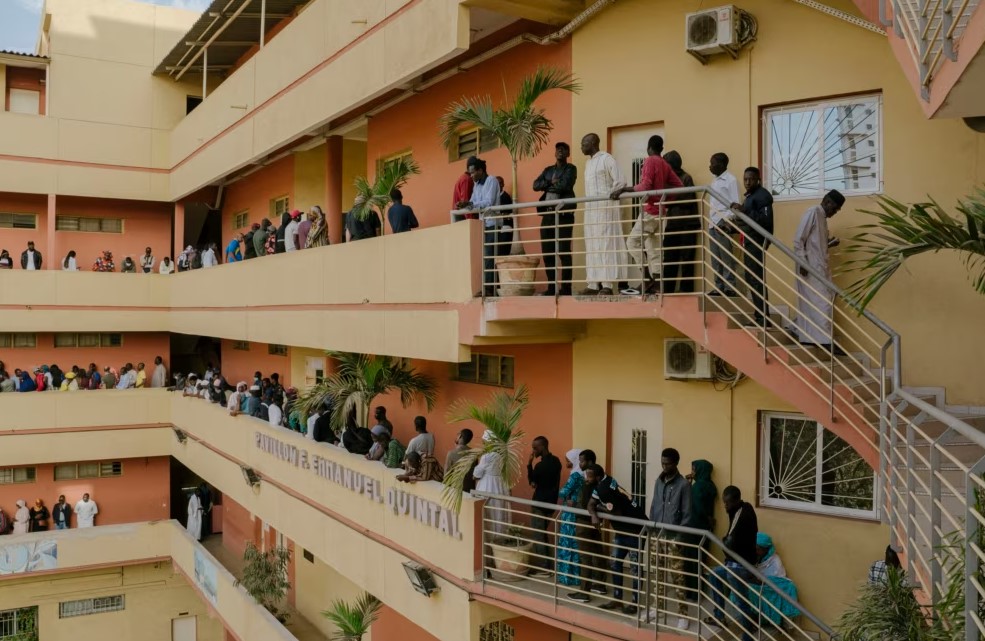
The winner will be tasked with steering Senegal, viewed as a beacon of democracy in coup-hit West Africa, out of its recent troubles and managing revenues from oil and gas reserves.
Senegal voted on Sunday for a new president in a delayed election that sees a wide-open race and follows several years of political crisis and bouts of deadly unrest.
The winner will be tasked with steering Senegal, viewed as a beacon of democracy in coup-hit West Africa, out of its recent troubles and managing revenues from oil and gas reserves that are shortly to start production.
More To Read
- Senegal President Diomaye Faye to serve as Chief Guest during Mashujaa Day celebrations in Kitui
- Burkina Faso's military junta disbands electoral commission, calling it a waste of money
- French military ends permanent presence in Senegal
- Senegal's top court confirms ruling party's big parliamentary election win
- Senegal ruling party claims victory in legislative elections
- Senegal votes for lawmakers in test for President Faye
Two favourites have emerged among the 17 candidates including a sole woman: the governing coalition's former prime minister Amadou Ba and anti-establishment candidate Bassirou Diomaye Faye.
Both were once tax inspectors but Ba, 62, now stands for continuity while the 43-year-old Faye promises profound change and left-wing pan-Africanism.
"We finally got there. May God be praised. Recent times haven't been easy for Senegal which has experienced several upheavals," said Mita Diop, a 51-year-old trader.
"But all that is behind us now," she added, emerging from a polling station in the capital Dakar with her finger stained in red ink to show she had cast her ballot.
"It's a symbolic and historic day for me because it wasn't easy to hold these elections, it was gained through a great fight," another voter, Mohamed Bop, 42, told AFP in Dakar.
"So, I'm very relieved and proud."
Senegal was originally due to vote on February 25, but an 11th-hour postponement by President Macky Sall triggered the worst political crisis in decades and unleashed unrest that left four dead.
Opposition figurehead Ousmane Sonko -- who has been barred from standing -- said young people had "massively" turned out to vote from early in the day.
"We are convinced that at the end of this day, the victory will be dazzling," Sonko said, referring to his deputy, Faye, as he voted in his southern stronghold of Ziguinchor.
Voting will end at 1800 GMT and provisional results could be known overnight but the first official results are expected during the coming week.
A second-round vote is likely given the number of candidates and the need for an absolute majority, but no date has yet been set.
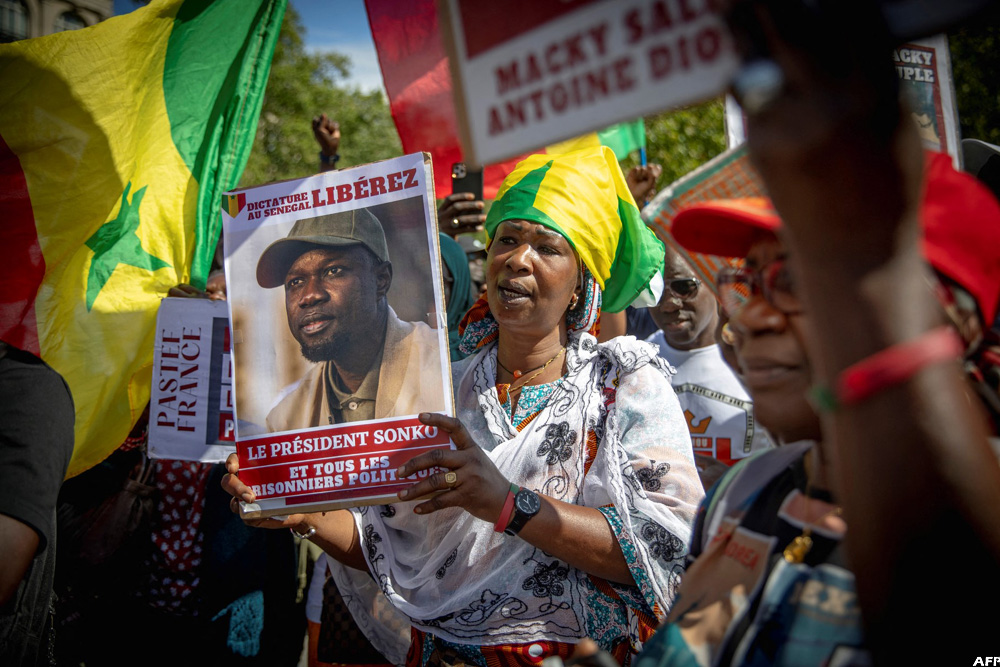 Protestors demonstrate in support of the detained Senegalese opposition leader, Ousmane Sonko, at Place de la Republique in Paris, France, on August 19, 2023. (Photo: AFP)
Protestors demonstrate in support of the detained Senegalese opposition leader, Ousmane Sonko, at Place de la Republique in Paris, France, on August 19, 2023. (Photo: AFP)
Rushed campaign
Sall, who is not standing after serving two presidential terms, warned candidates against making premature election victory claims.
"It is neither up to a candidate, nor to a (political) camp to proclaim victory or results," Sall said after voting with his wife in the central western town of Fatick. "It is the polling stations that will speak."
Hundreds of observers from civil society, the African Union, the ECOWAS regional group and the European Union are on hand.
Sall said he called off the vote last month over fears it would not go smoothly.
But after weeks of political crisis, the top constitutional body stepped in and forced him to reset the date to March 24, resulting in a rushed campaign that clashed with the Muslim fasting month of Ramadan.
Ba, Sall's hand-picked would-be successor, has positioned himself as a last bastion against "bandits" and urged people to vote "for experience and competence instead of entrusting the reins of the country to adventurers".
"We don't need officials who need two years of apprenticeship," Ba said at his final campaign rally on Friday.
"We need to consolidate what we have. We need to go even faster and further," he said, with a vow to create one million jobs in five years.
But Sall's legacy also includes mass arrests, persistent poverty and 20 per cent unemployment, and thousands of migrants setting off on the perilous voyage to Europe each year.
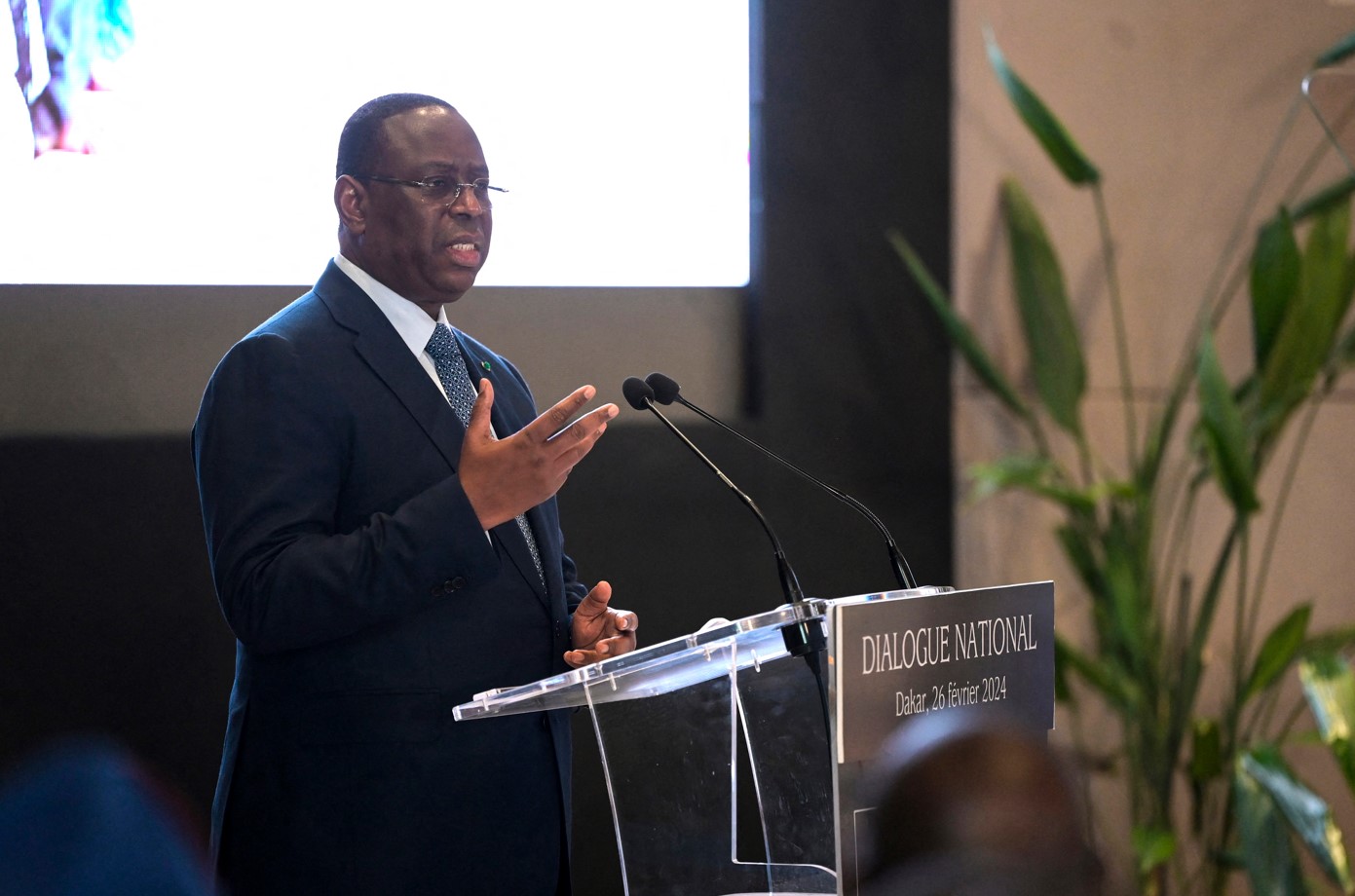 Senegal's President Macky Sall delivers a speech during the National Dialogue in Diamniadio on February 26, 2024. (Photo: Seyllou/AFP)
Senegal's President Macky Sall delivers a speech during the National Dialogue in Diamniadio on February 26, 2024. (Photo: Seyllou/AFP)
Radical reform
The recent unrest was the latest chapter in episodes of violence since 2021, triggered partly by the stand-off between firebrand Sonko and the state.
Economic and social tensions, as well as concerns that Sall would run for a third term, also fuelled the unrest that left dozens killed and hundreds arrested.
The election has also been fired up by a rapidly passed amnesty law that led to the March 14 release from prison of opposition leaders Faye and the charismatic Sonko.
Although Faye is Sonko's deputy, he is on the ballot only because Sonko has been barred from standing.
The pair are hoping to harness Sonko's charisma and popular appeal in a country where half of the population is under 20.
Both have attacked Ba as "the greatest danger facing Senegal today".
They have also questioned the source of his wealth, branding him a "billionaire civil servant" who "will be the president of foreign countries".
Faye on Friday pledged to bring "radical reform" to Senegal, including renegotiations of mining, oil and gas and defence contracts, while at the same time offering assurances to foreign investors.
Top Stories Today


